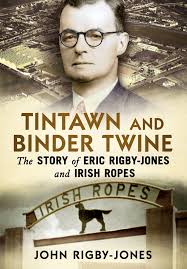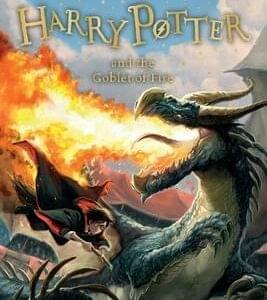Description
When the future of his family’s rope business in Liverpool was threatened at the end of the 1920s Eric Rigby-Jones had to leave his wife and young family behind to risk everything on establishing a new factory in the Irish Free State. He was still an officer in the Territorial Army when he leased a former British cavalry barracks in co. Kildare from the Irish government in 1933. It had lain derelict since the departure of British troops in 1922. Within four years his company, Irish Ropes, was supplying nearly all of Ireland’s rope. When war came in 1939 Ireland remained staunchly neutral and faced both German invasion and a British trade embargo. With the government determined to make the country self-sufficient Eric had to resort to increasingly desperate measures to ensure that Irish farmers never ran out of twine to gather the harvest.
Tintawn and Binder Twine is the untold story of the foundation and eventual demise of an iconic Irish business, known around the world for its Red Setter twine and Tintawn sisal carpets; of the pioneering Englishman who founded it and introduced new concepts in industrial relations to Ireland; of a family separated in peace and war; and of the regeneration of an Irish town. It is also the story of sisal, the vegetable fibre that became the mainstay of East Africa’s colonial economy, and of the first fifty years of an independent Irish state. A member of Eric’s wider family, Thomas Jones, was secretary to the British delegation that negotiated the Anglo-Irish treaty in 1921 and his son, Michael, was killed in the Staines air disaster in 1972 while travelling to Brussels with an Irish delegation for talks about the country’s imminent membership of the European Union.
Well-illustrated and drawing heavily on unpublished family letters, documents, and photographs as well as new research in British and Irish archives, the book reveals intriguing but little-known sides to Anglo-Irish relations during the Second World War. It has particular relevance in today’s world of Brexit, borders, tariffs, and the bullying of small nations by large.




